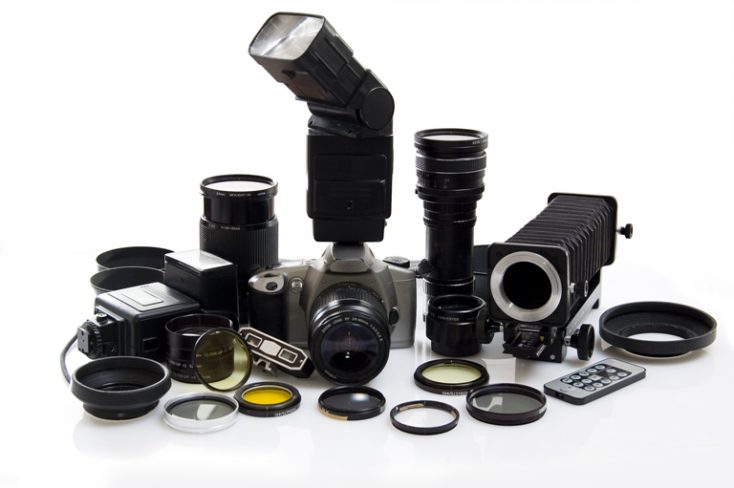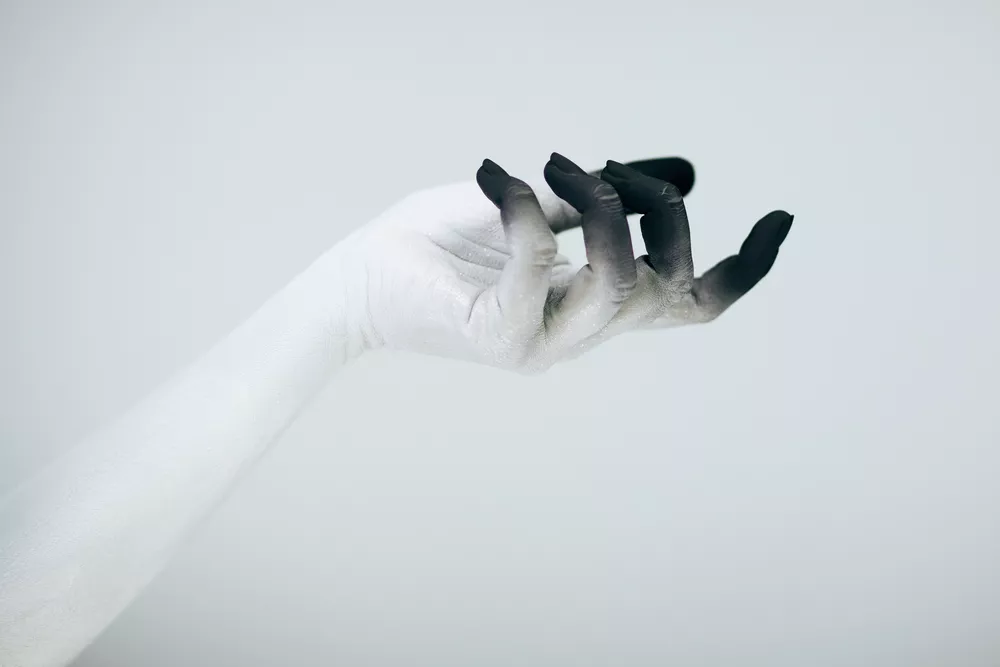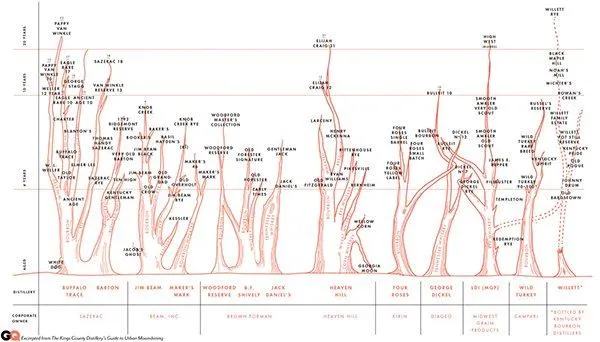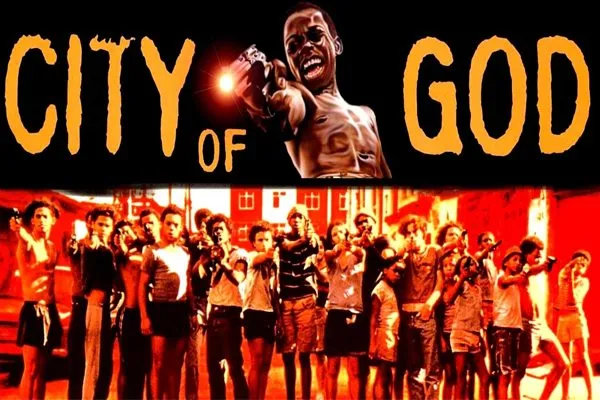Re-read: meritocracy and crowdsourcing by Jeff Howe
In 2006, Wired Magazine published an article by the reporter Jeff Howe devoted to the new phenomenon of the influence that crowds of like-minded people have on decision-making and progress. He named this effect “crowdsourcing.” Development of present-day stock photo houses would not be possible without the rise of amateur photographers due to falling costs of photo equipment and Internet access. The groundbreaking article written five years ago helps understand other important modern trends and gives a reasonable assessment of own professional chances.
Here’s a quote:
“The first stock photo agency was founded in 1920, and for most of the 20th century the industry was an afterthought, trafficking in the outtakes from commercial magazine assignments. Very few photographers tried to make a living off the market in preexisting images alone. This changed after the desktop publishing revolution of the mid-1980s led to a rapid growth in the publishing industry, and to a commensurate demand for images. Suddenly photographers were making six figures a year selling photos they’d already been paid to shoot. It was like minting money. Stock photography is, in relative terms, a tiny industry. The annual global gross for the entire business is estimated to be around $2 billion, which makes it a bit bigger than the market for gift baskets, but a little smaller than the annual sales of orchids. But this little industry has undergone big changes, and could well be a case study in how the crowd will impact much larger businesses.
In just the last few years the influx of talented amateurs armed with inexpensive, high-resolution digital cameras has upended the economics of stock photography. Five years ago, a professional-quality image was still a scarce resource. No more. This isn’t to say the market for high-end photographs has disappeared. A gifted photographer will always find work. But the professional no longer has a lock on the middle and lower ends of the stock photo business. With a modicum of training, just about anyone can take a decent shot. Sophisticated cameras and photo-editing software do the rest.”
“Already the trend is migrating to other fields. Most immediately, the same dynamics that made the stock photo ubiquitous — affordable digital SLR cameras and burgeoning communities of enthusiastic amateurs — are affecting other markets for visual images. So-called “citizen paparazzi” use cellphone cameras to snap impromptu shots of stars and then sell them to new photo agencies such as Scoopt, which specialize in buying up and marketing their work. Amateurs can beat professional paparazzi for the simple reason that they vastly outnumber them. It’s a question of probability: The throng of pedestrians in Greenwich Village, for instance, have a much better chance of catching an unkempt Gwyneth Paltrow than a single paparazzo.”
All images © Depositphotos










